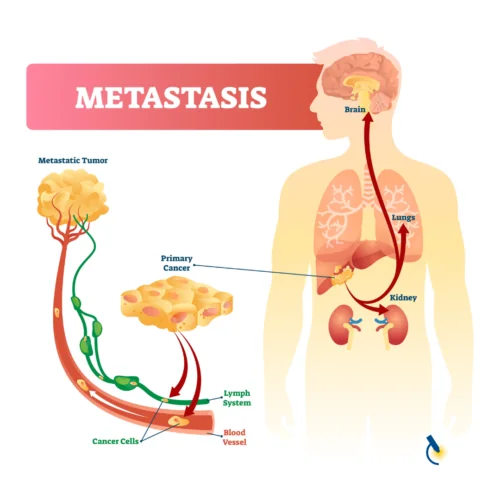Expanding Powerful Detection Technology for Many Cancers with Circulating Tumor Cell Research
Advanced or metastatic cancer takes the lives of more than 90% of patients. Early detection of cancer and its progression is a dire unmet need for patients and their families.
It is a high priority for the cancer research community.
Dr. Daniel Haber believed the key to detect advanced cancer early and select life-saving therapies—lies in the rare circulating tumor cells (CTCs) in patients’ blood—cells in the act of spreading from a primary tumor to a new site. NFCR provided Dr. Haber 1) seed funding to nurture, explore, and test his ideas, and 2) sustained funding to pursue the most promising ones.
Over time, Dr. Haber and his team at Massachusetts General Hospital developed the CTC-iChip—a revolutionary technology to detect and capture the live CTCs in patients’ blood samples.
With captured CTCs, scientists can:
✓ Detect advanced cancer early and develop treatments
✓ Repeat sampling since minimally invasive unlike standard biopsies
✓ Monitor patient’s response to treatments in real-time for timely treatment adjustments
✓ Determine drug resistance mechanisms and guide the next precision therapies
Currently, Dr. Haber and his collaborator, Dr. Esther Rheinbay, are using CTCs from patients with a subtype of the deadly triple-negative breast cancer (TNBC)—to identify genes causing resistance to inhibitors of cancer fueling androgen hormones.
Discovery of new targets in the CTCs may lead to a new treatment, giving these TNBC patients hope their lives may be saved.
Applying the Technology to Other Cancers
For over twenty years, NFCR supported Dr. Haber’s high impact research. Numerous landmark research papers using CTCs from patients have paved the way for more effective treatments.
NFCR is committed to building on the success of this research and the CTC technology. NFCR is providing seed funds to nine new projects to apply the technology to more cancer types. Here is a glimpse of two of them.
Prostate and Kidney Cancer
Many subtypes of prostate and kidney cancer are resistant to the standard drugs treating the main types. The team of Himisha Beltran, M.D. and Srinivas Viswanathan, M.D., Ph.D. is developing the methods to detect the subtypes of the cancers in patients’ CTC. This will allow earlier detection of the subtypes and intervention with effective treatments.
Colorectal and Breast Cancer
Determining the right culture conditions to grow patients’ CTCs in the lab will enable high-throughput drug screens to identify new mechanisms of drug resistance, new anti-metastasis therapies, and biomarkers to predict patients’ response.
Stay connected with the cancer community!
To receive NFCR’s monthly e-newsletter and blogs featuring stories of inspiration, support resources, cancer prevention tips, and more. Sign up here.
Note: This information originally appeared in NFCR’s Spring 2023 Newsletter for Donors.
A world without cancer is possible. Help us turn lab breakthroughs into life-saving realities.

5.7 Million+
Donors who have fueled NFCR’s mission

$420 Million+
Invested in high-impact research & programs

36+ Labs & Hundreds of
Nobel Laureates & Key Scientists received NFCR funding, driving breakthrough research
















